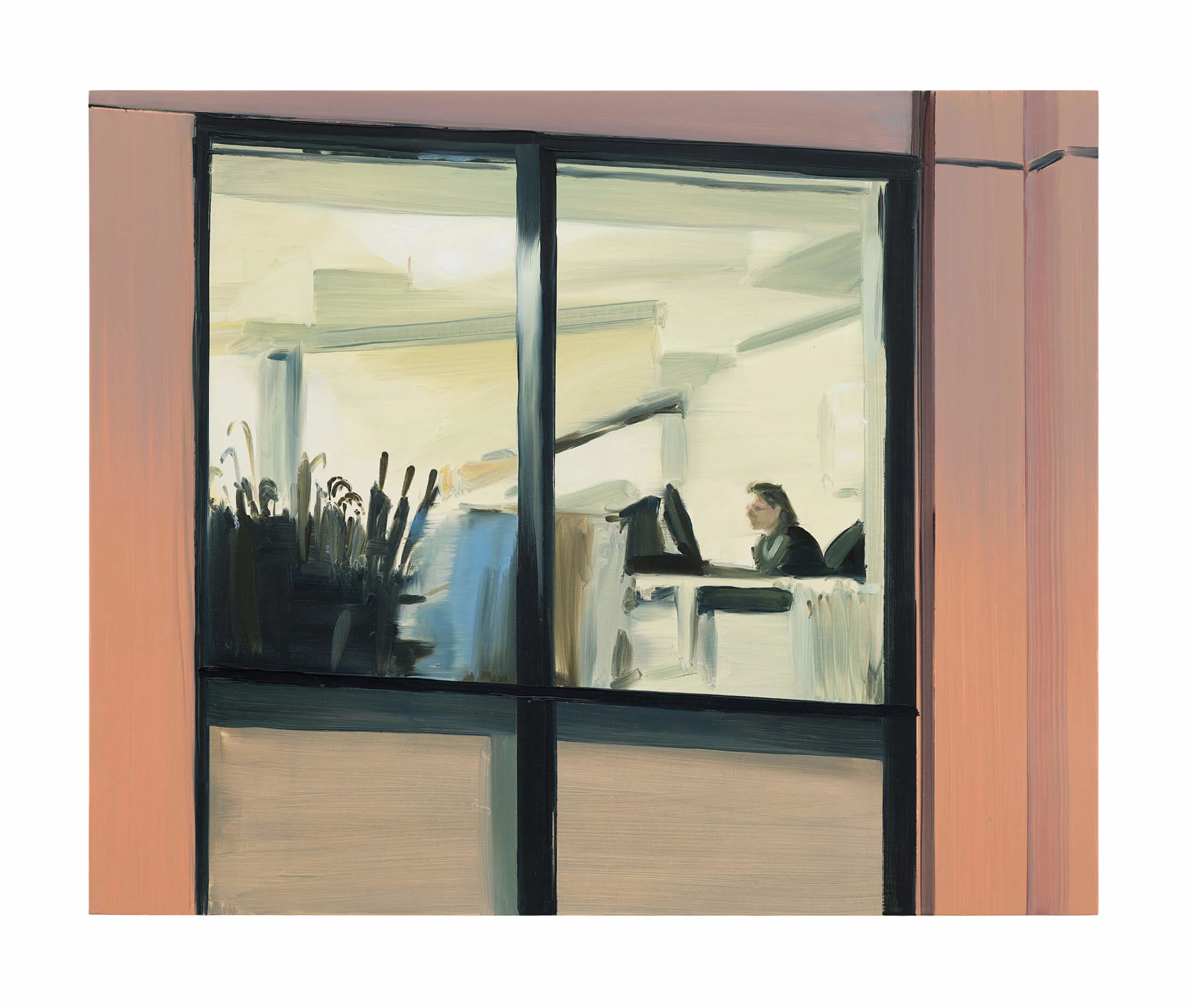
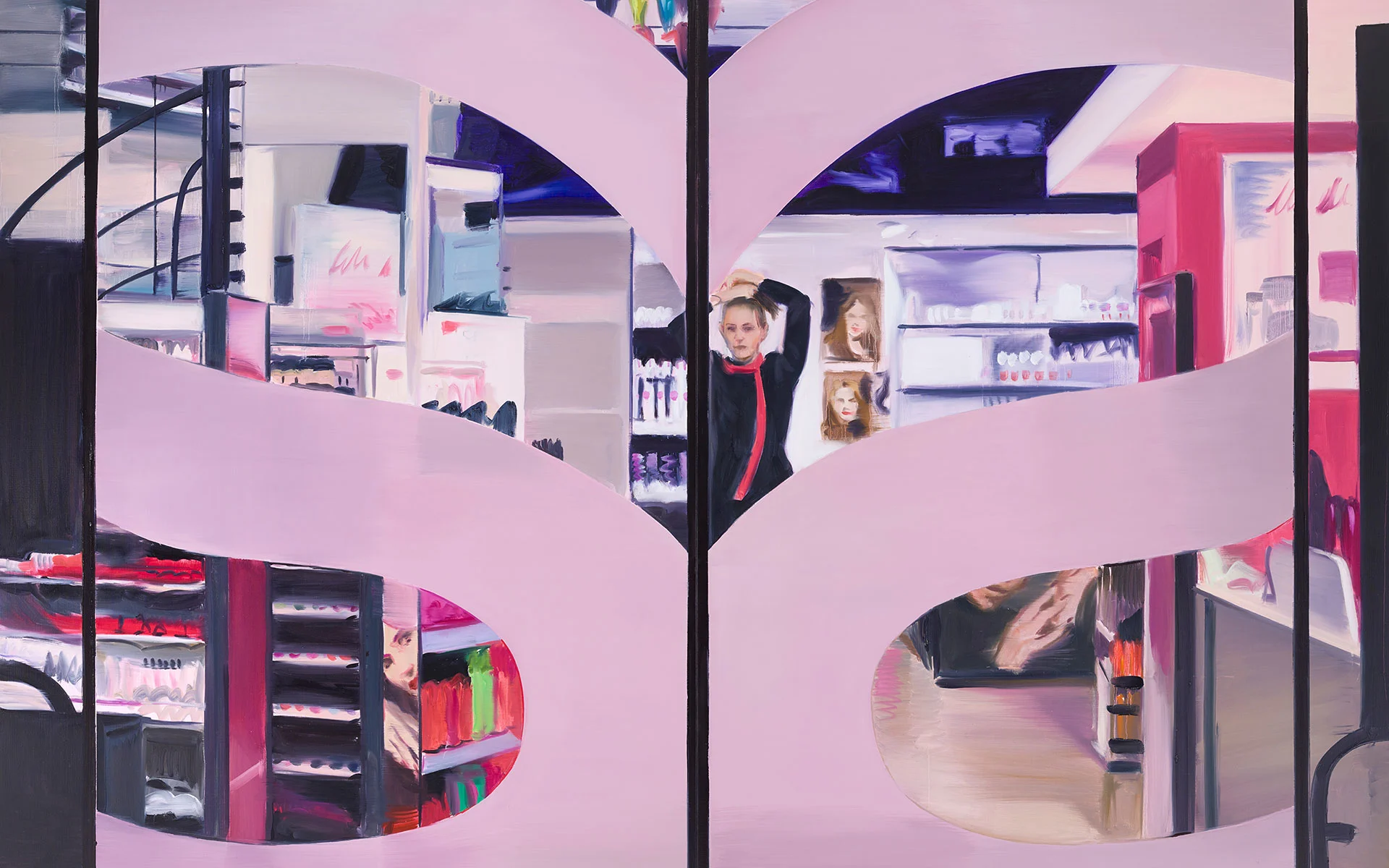
There’s a beautiful word in The Dictionary of Obscure Sorrows called “sonder,” which translates to “the realization that each random passerby is living a life as vivid and complex as your own – populated with their own ambitions, friends, routines, worries and inherited craziness.”
Sonder is what I get when I look at Caroline Walker’s brilliant paintings, and especially her latest series Service, in which we see scenes of women going about their lives in various workplaces around central London. Instead of making portraits, the Scottish painter has taken a voyeuristic role and pictured them from the outside, looking in.
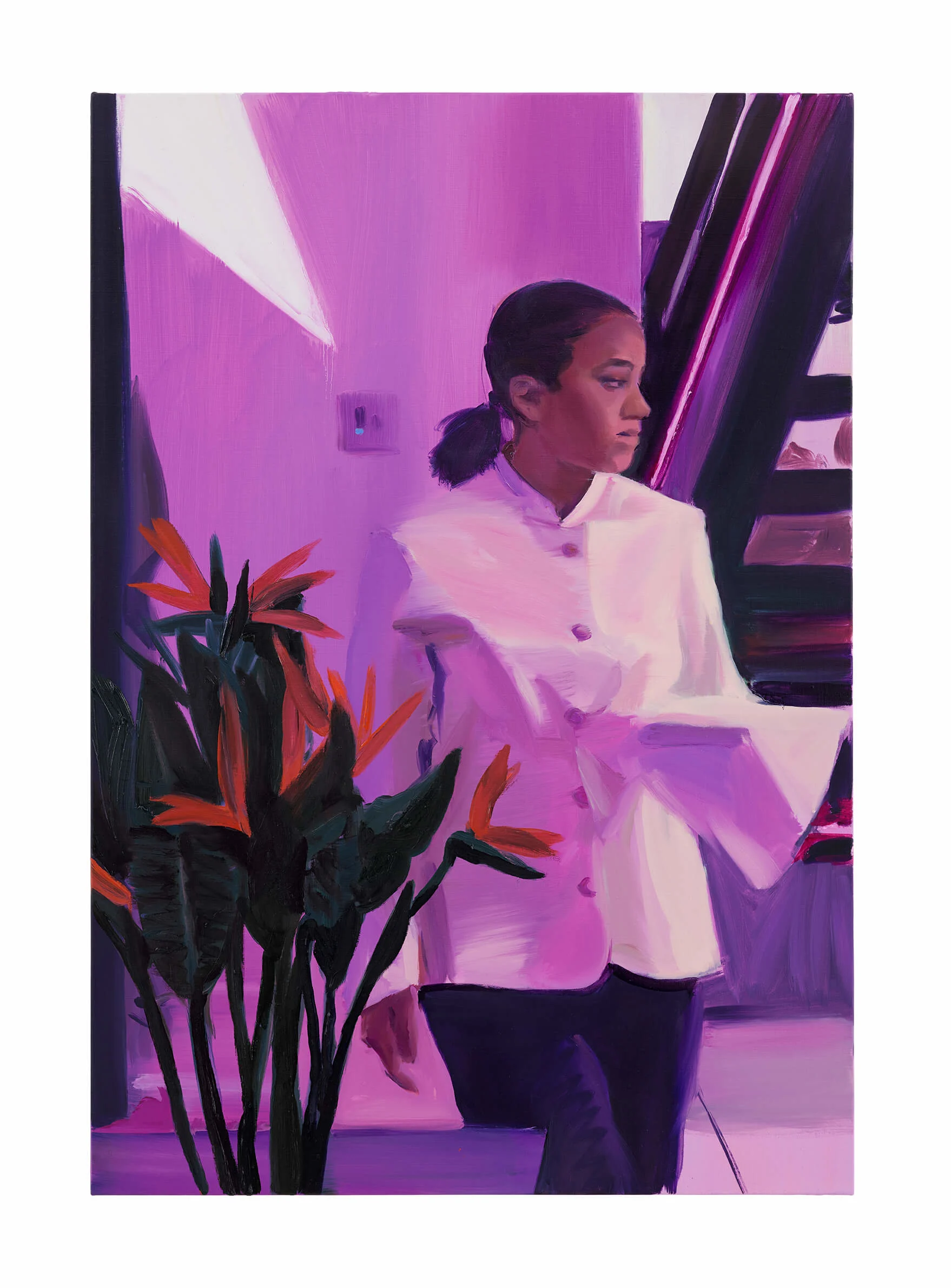
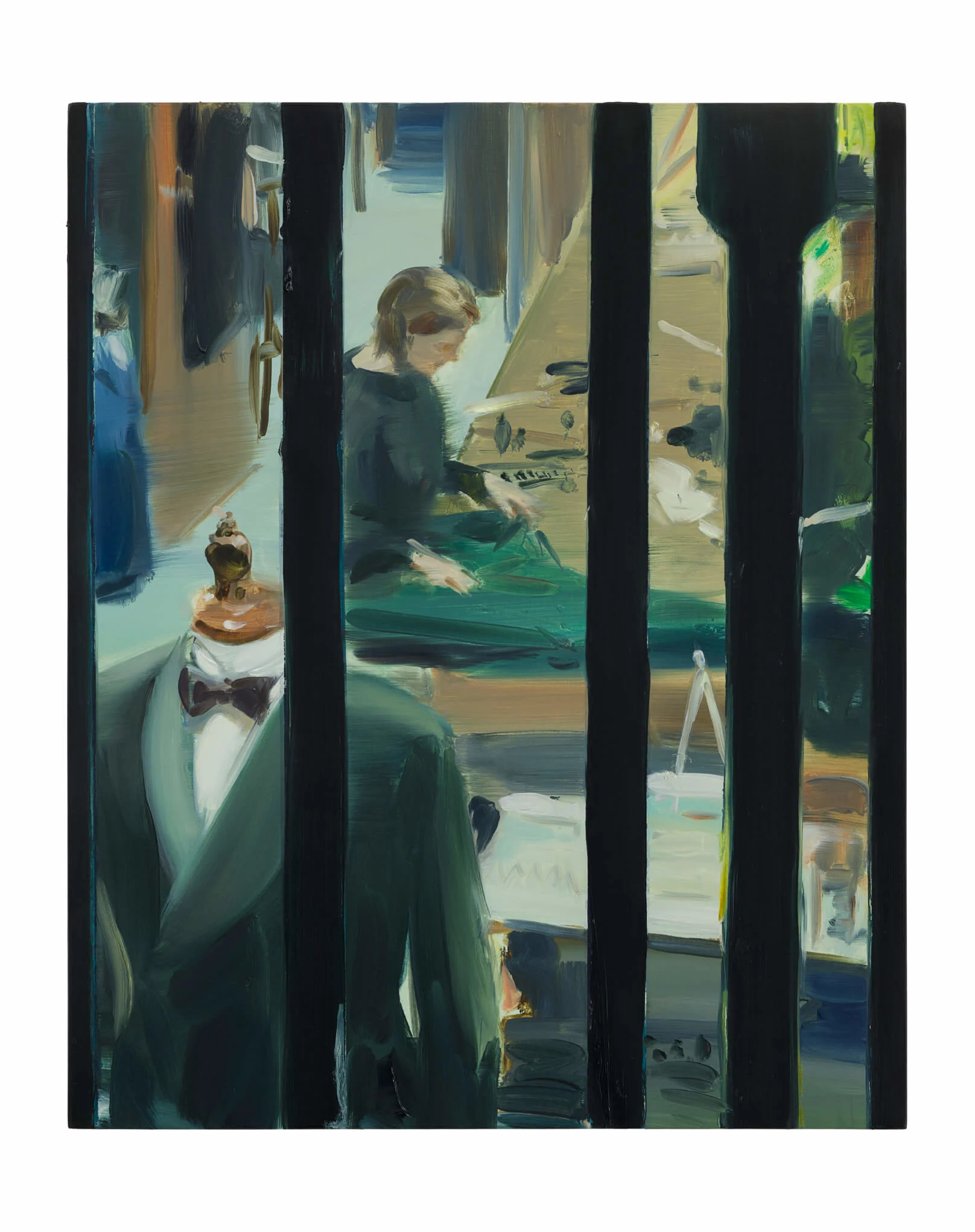
We see a tailor huddled over her workbench, moments of shared quiet in hair and nail salons, and women lost in their computer screens. They’re all partially hidden behind window frames, plants or lampposts. It makes you wonder who they are, what they’re thinking, and why we are watching them.
“This work is about public spaces, the city as we walk around it, and the multitude of visual stimuli that we encounter,” Caroline says. “It’s about getting these momentary views into private spaces through the windows of shops and workshops.”
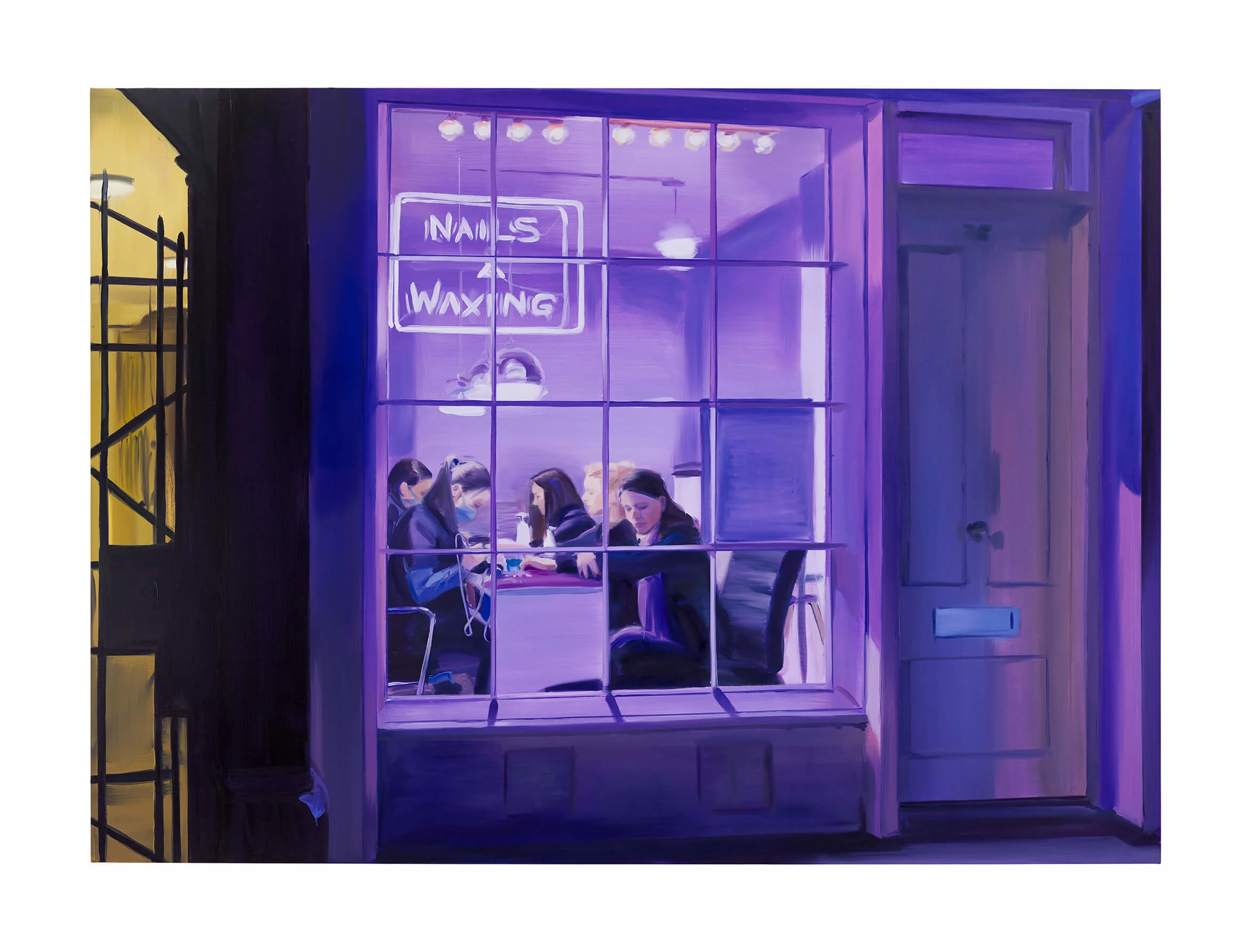
While we’re used to cities being documented by photographers, Caroline believes the more “active” gesture of painting adds a different dimension to capturing life somewhere like London.
“It takes the idea away of the momentary snapshot,” she says. “I'm turning it into something more permanent and it captures this moment of stillness in the otherwise busy life of a city. It’s a combination of the reality of what was there and a memory of the experience I've had, which is true of all of my work.
“When I'm making the painting it always ends up being that mixture between reality, memory and illusion, which is what paint can do.”
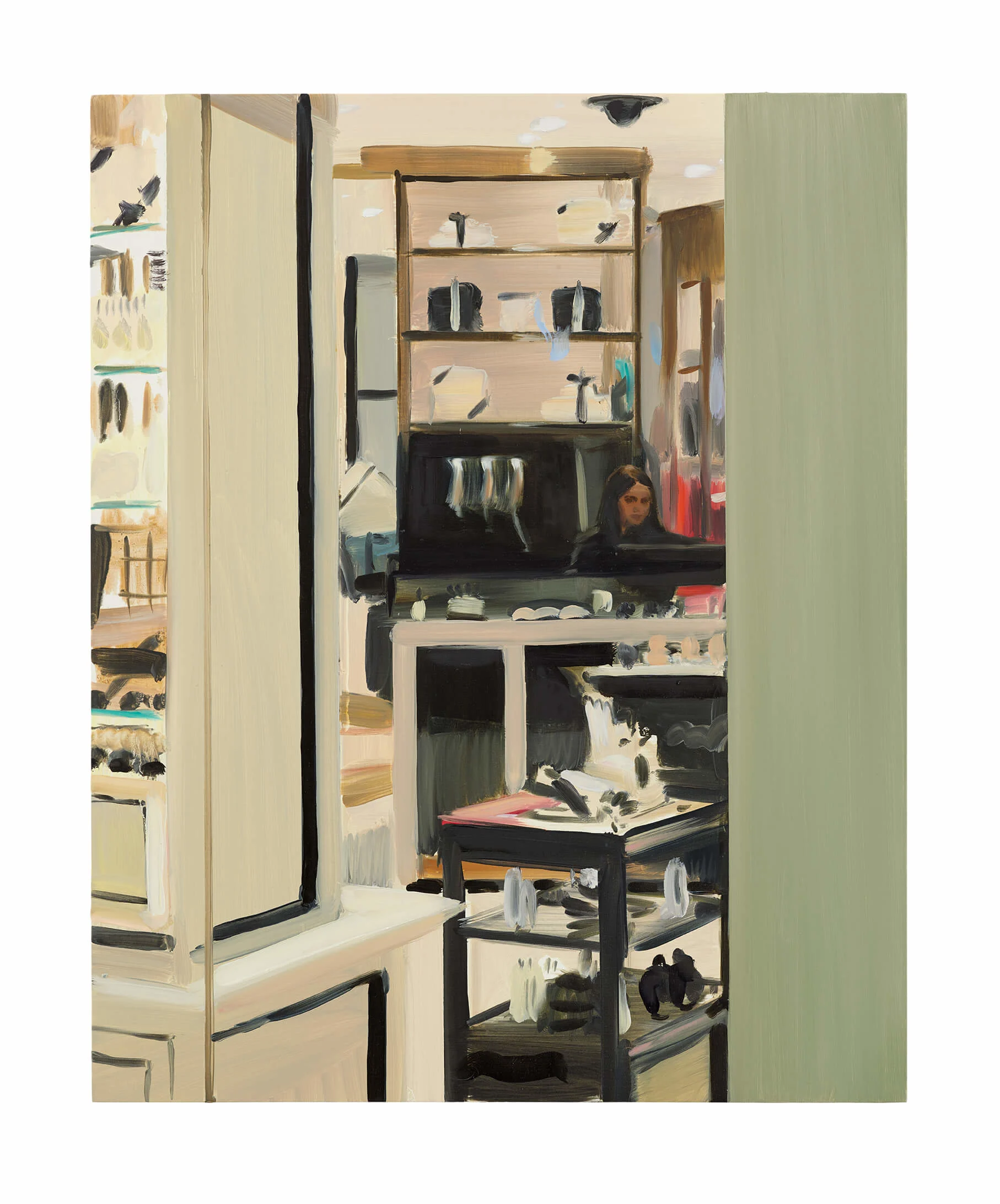
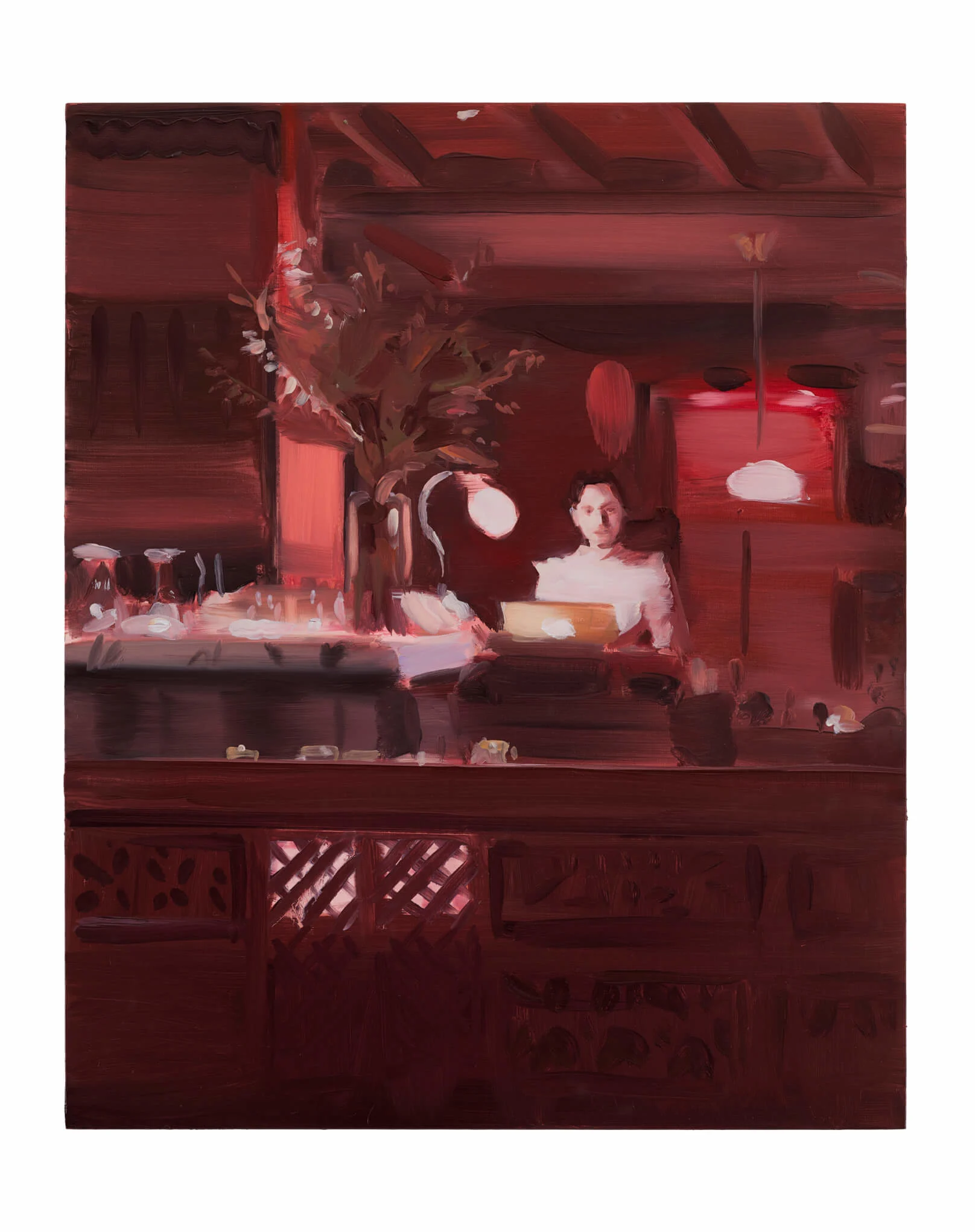
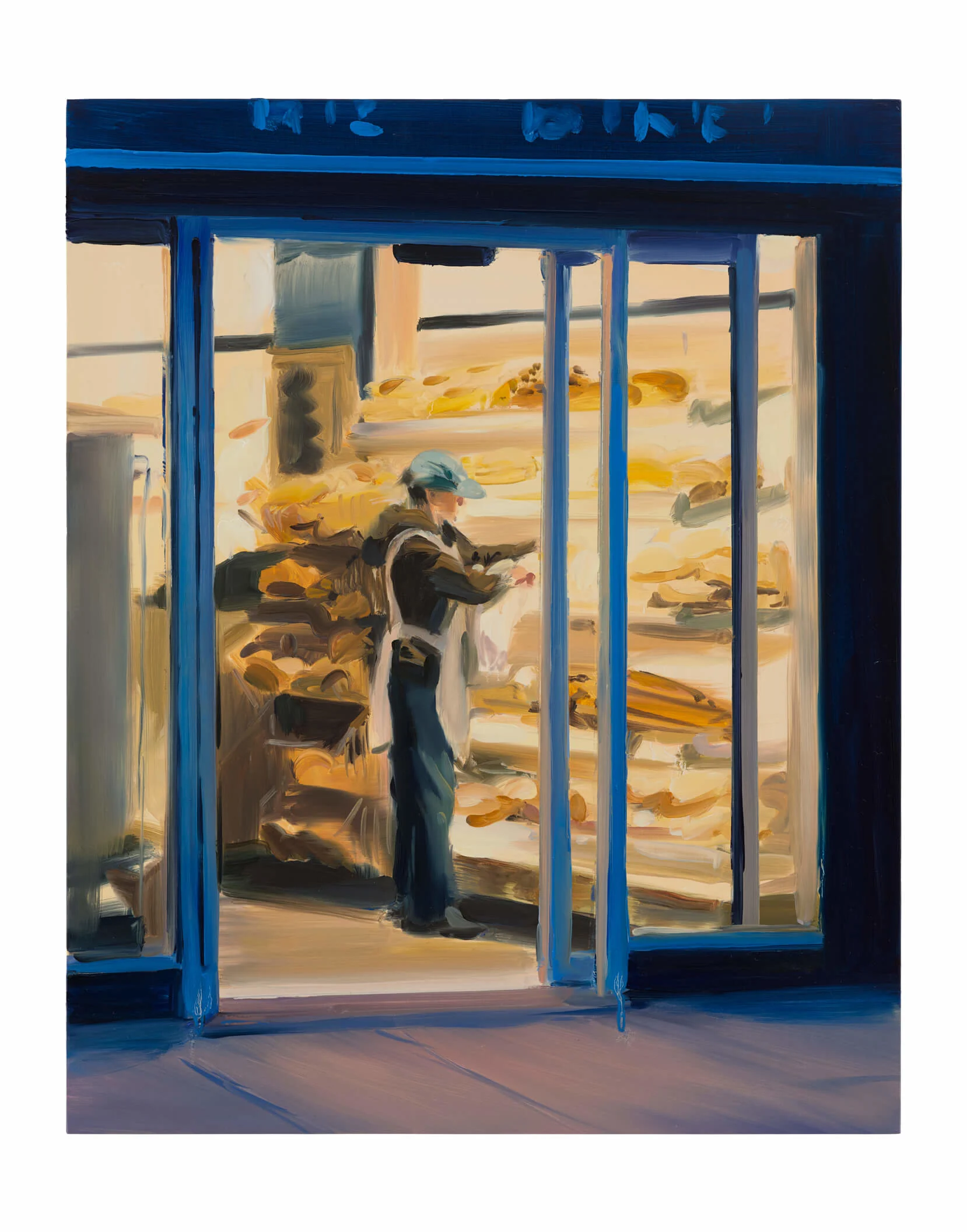
The paintings are all based on photos Caroline took during a series of walks through the city between 5pm and 7pm, when the working day is winding down.
“Quite a lot of the women looked tired and bored. I suppose they might want to be somewhere else, other than where they are in that moment,” she says. “In others they're quite preoccupied with the task they were doing, like the tailor in the workshop or the chef in the kitchen. It's almost as if they're oblivious to anyone else within that space.”
I’m a passive observer. The painting is always placed from the perspective of an outsider looking in.
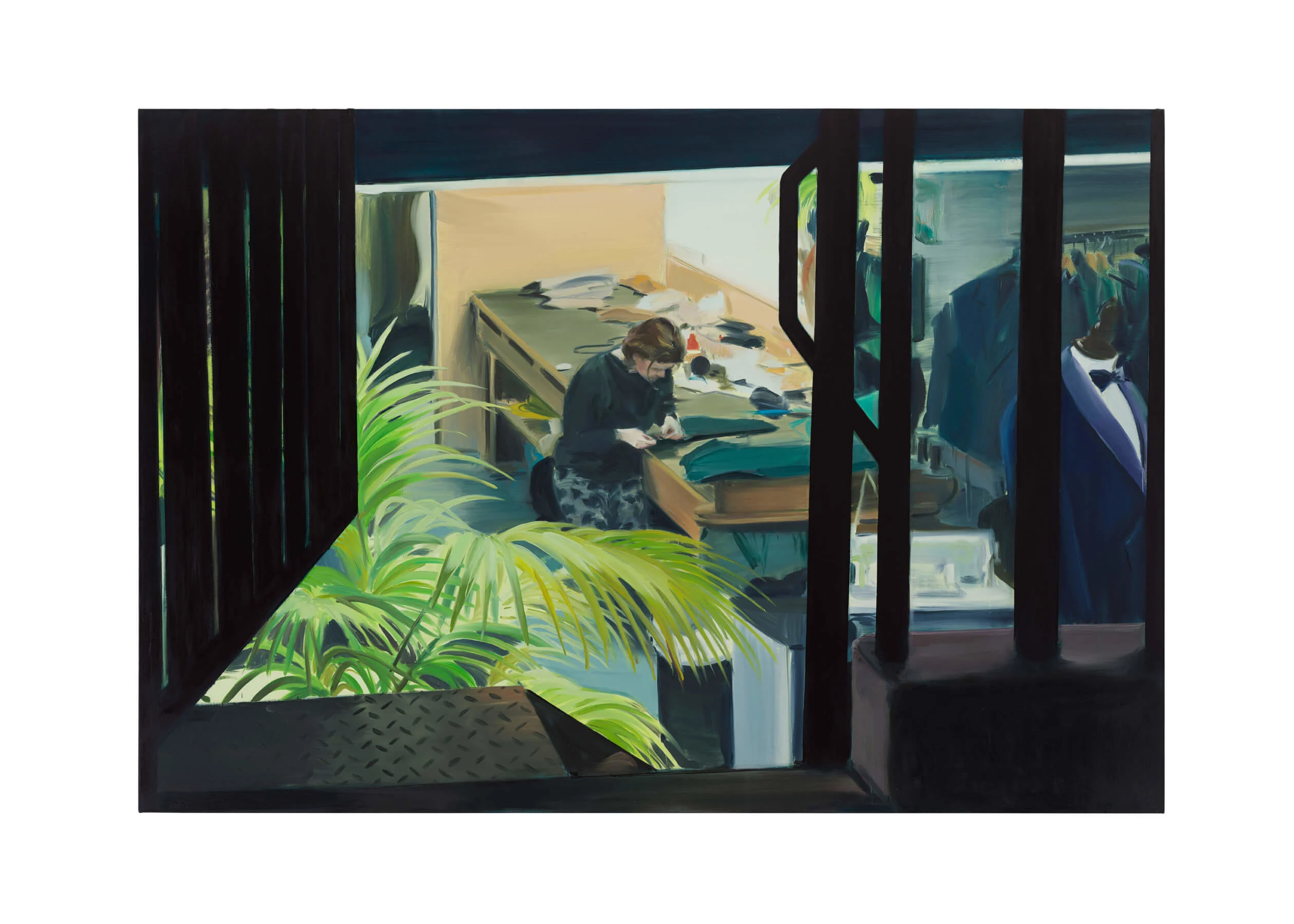
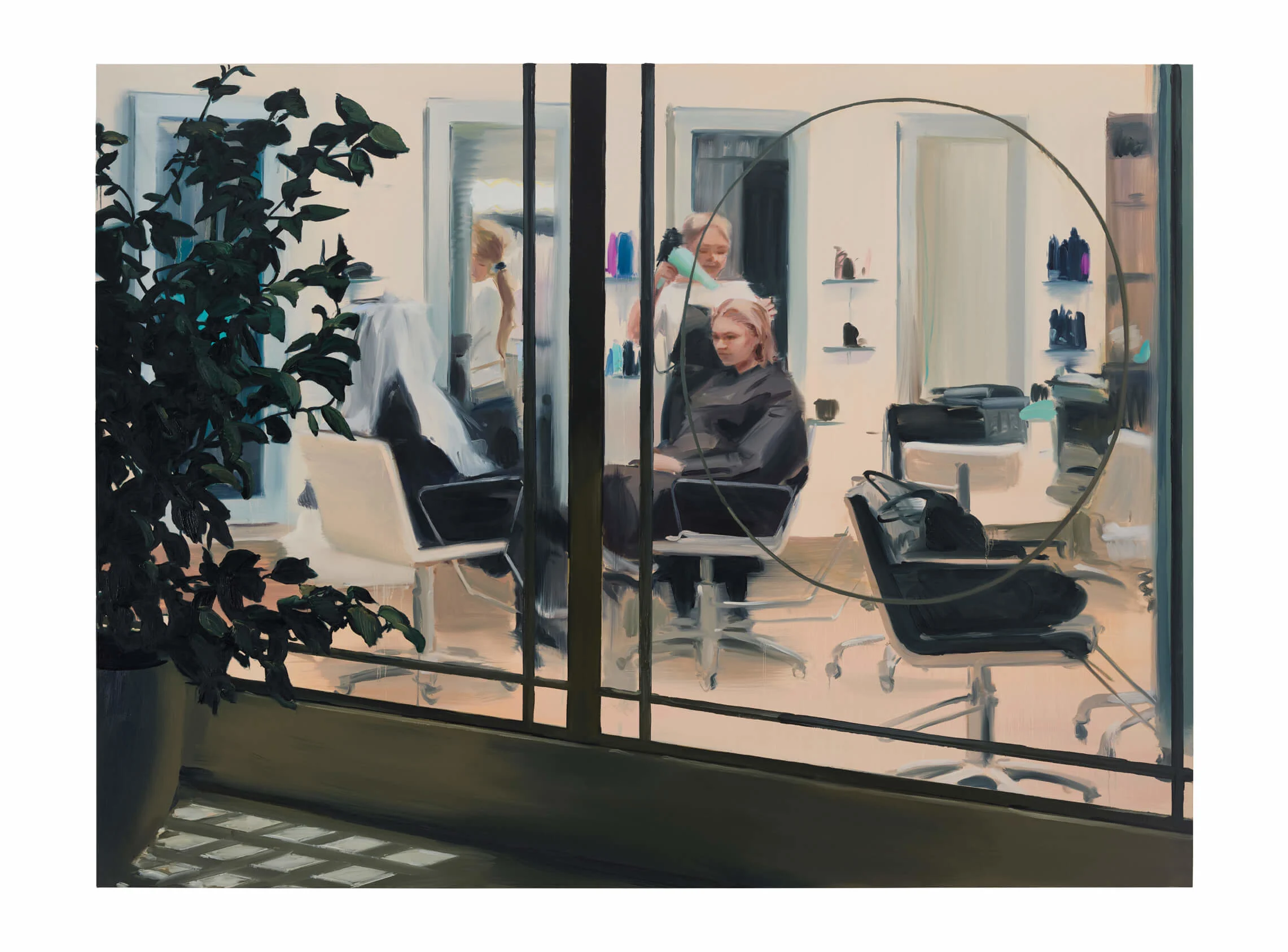
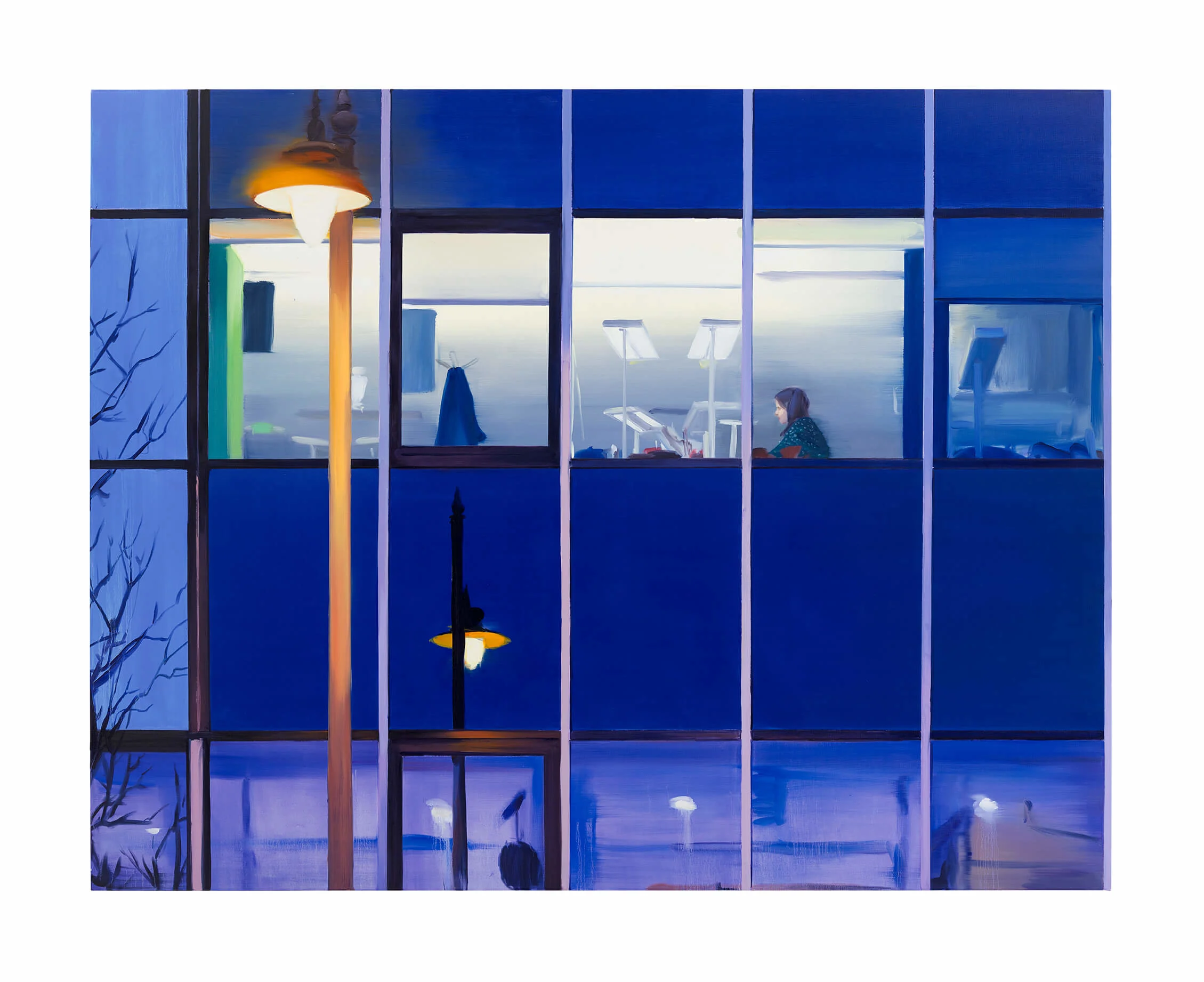
Interestingly, throughout Caroline’s series we only encounter women – as a child it was the only thing she was interested in drawing. “At the heart of all this work is an investigation about what it is to experience the world around you. It is always me relating to the experience of the subjects that I paint. My perspective will always be from my position as a woman.”
Yet, while she relates to the women she portrays, by capturing them from afar, she creates a distance between her, the viewer and the subject. “I'm a passive observer. The painting is always placed from the perspective of an outsider looking in.”
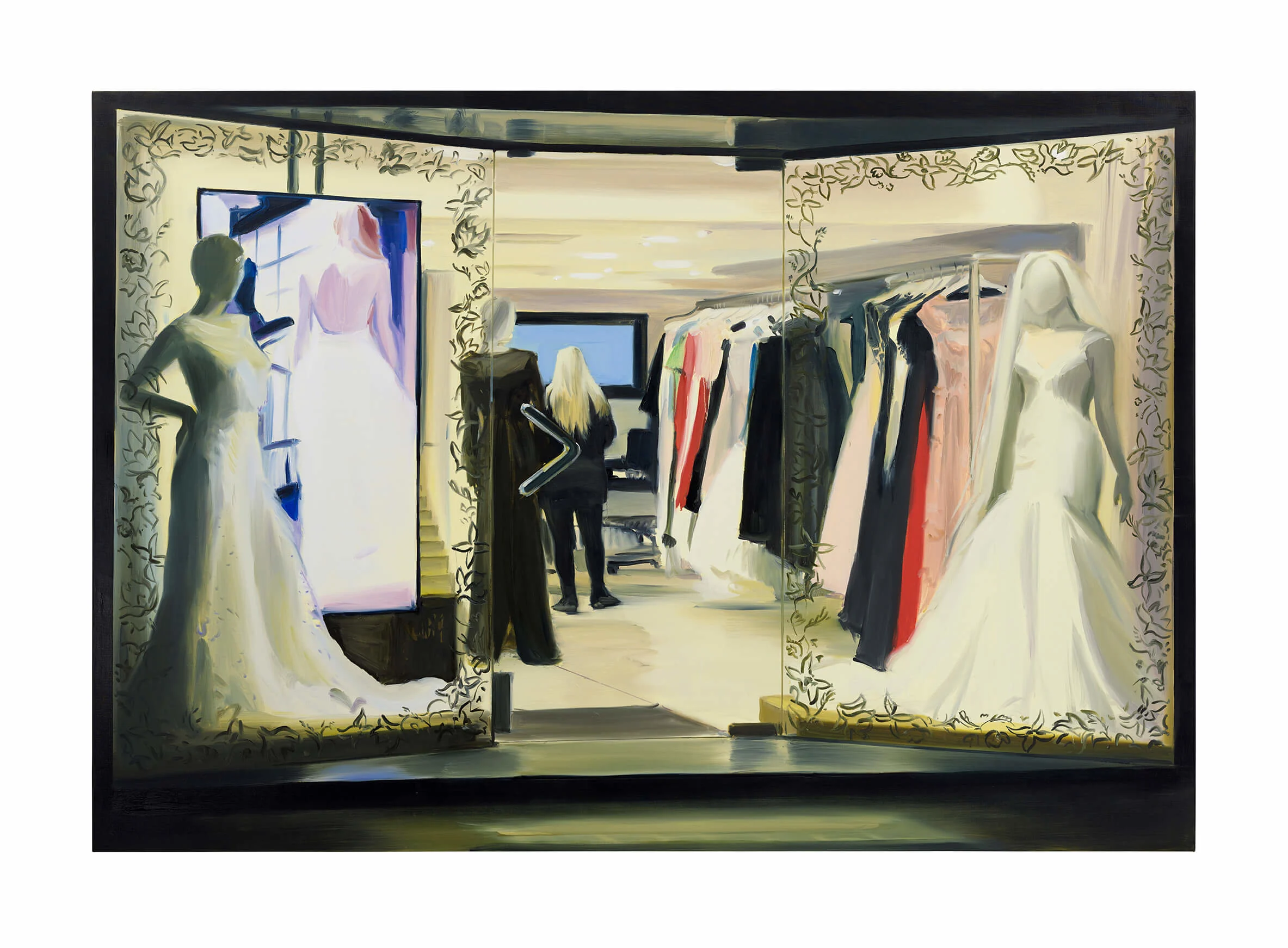
The space she’s created between us and her subjects opens up a lot of questions. Not only about the women, but also about what the painter is trying to say about them. Women portrayed in the imagery that surrounds us is a highly charged issue, and Caroline’s work adds to this.
“I'm really interested in what roles women occupy in society – what they're expected to occupy,” she says. That’s why she often focuses in on occupations that “might be considered female-dominated.”
But, she continues, “I try to counteract that with the female chefs in the restaurant kitchen, the tailors in the workshop – environments that one might think of as male-dominated. I leave it to the viewer to read into what those can mean.”
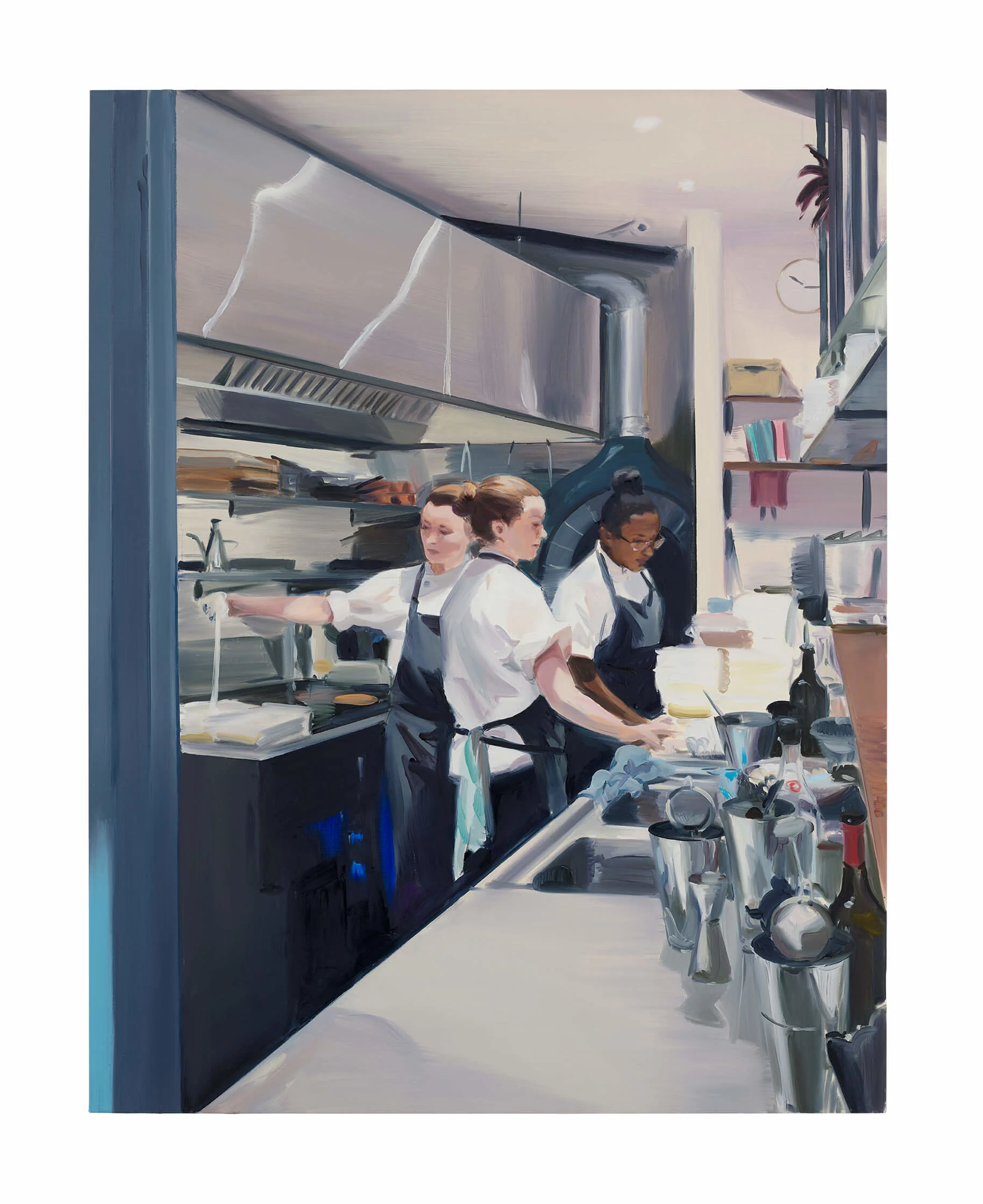
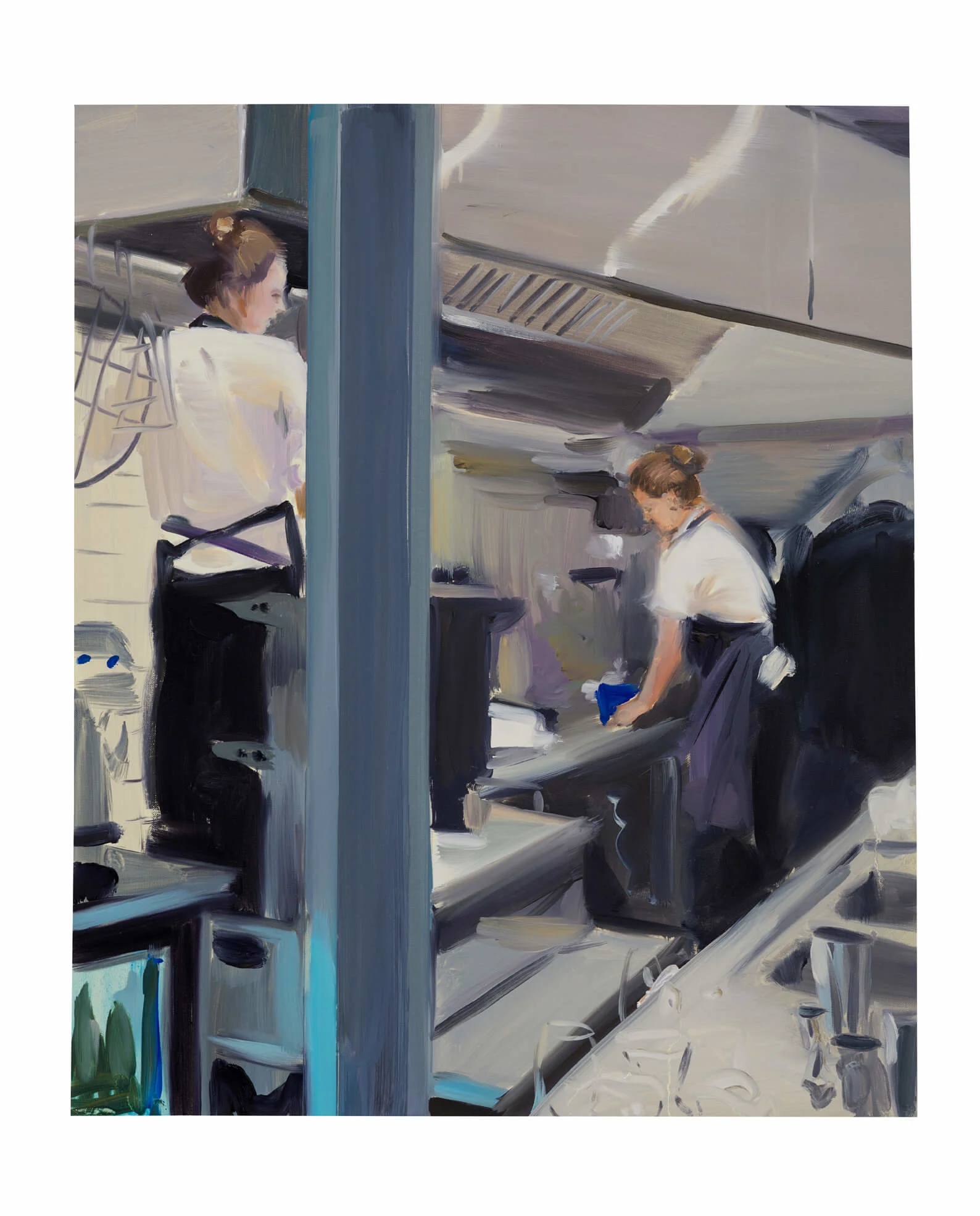
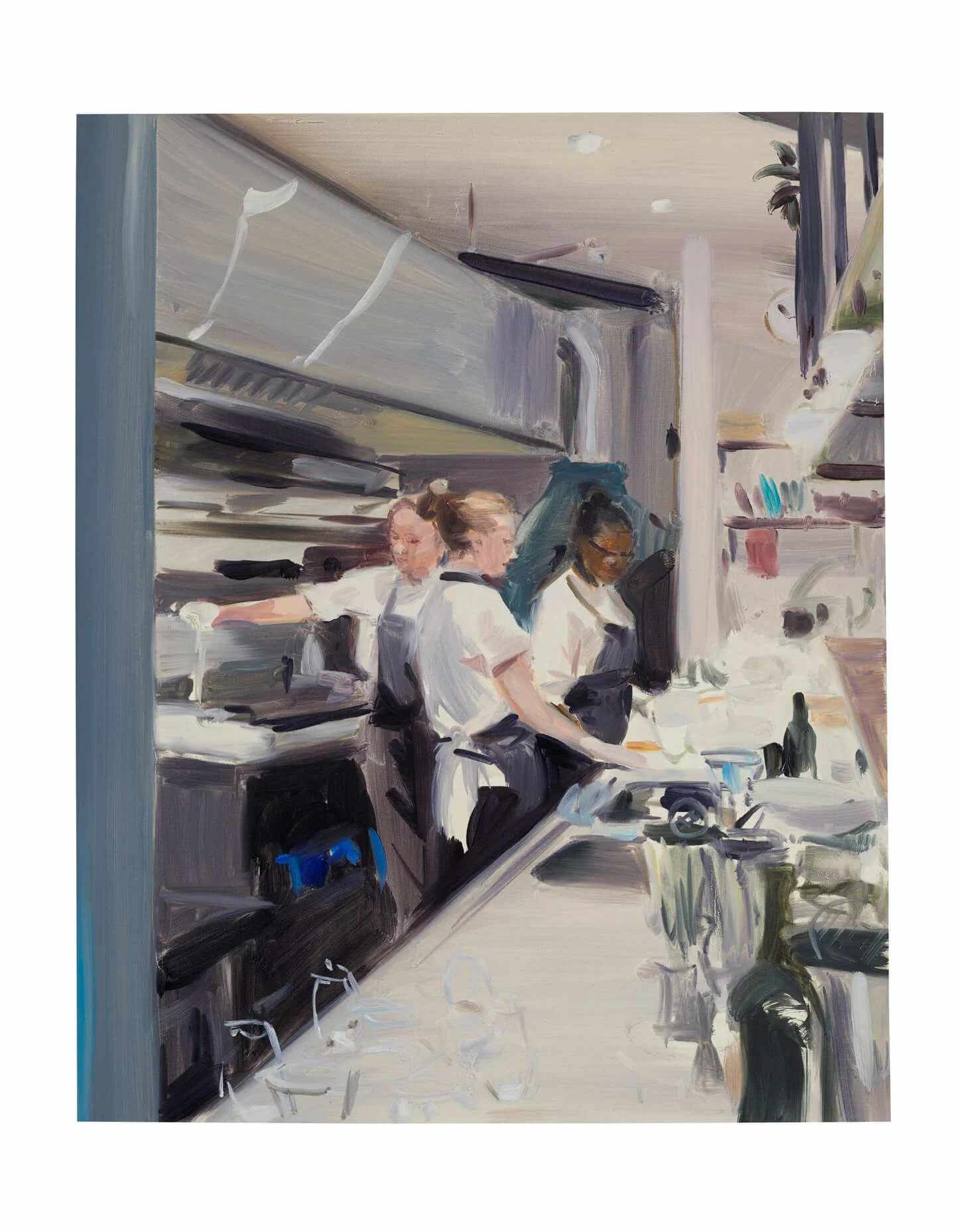
The thread that connects Caroline’s work seems to be the gap between who we are and who we show ourselves to be (see for example her series Sunset of a former Miss America).
“All of my work is in a way about public and private together. Often it's about the difference between a public image that you might present in a private reality,” she says. “Some of them are about those off-guard moments when you think nobody is watching you, other ones are much more about the knowledge of being watched.”
